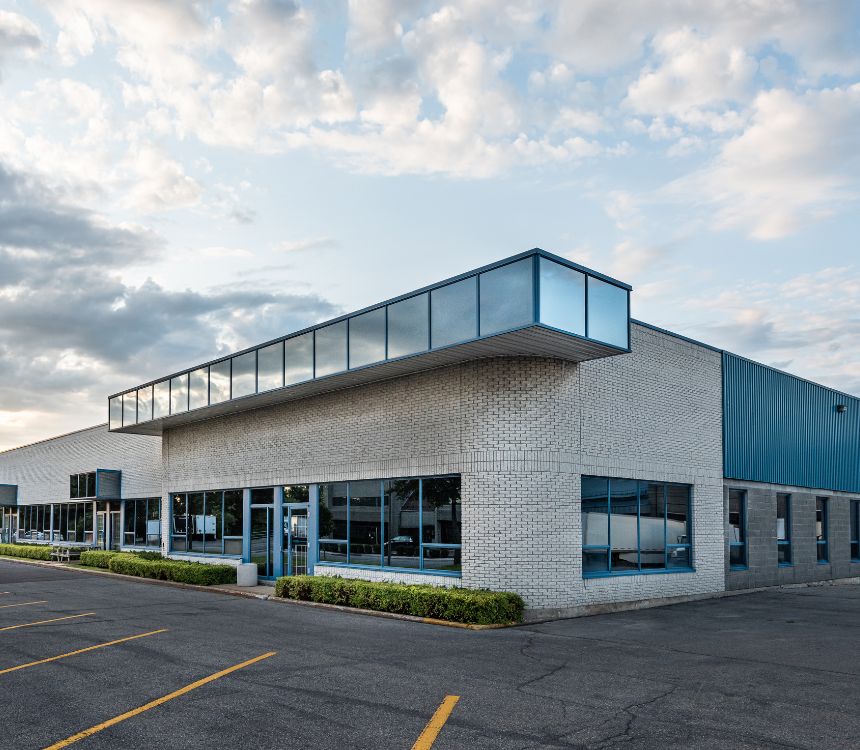Securing a commercial mortgage in the UK is a significant financial step, whether you’re a business owner looking to purchase premises or an investor exploring commercial property opportunities. One of the key questions potential borrowers often ask is: how much deposit is required for a commercial mortgage?
The answer depends on several factors, including the type of property, the purpose of the loan, and your financial situation. In this article, we break down the key aspects you need to know about commercial mortgage deposits in the UK.
Typical Deposit Requirements
For most commercial mortgages, lenders usually require a deposit of 20% to 40% of the property’s purchase price or value. The exact percentage varies based on:
Loan-to-Value (LTV) Ratios:
Commercial mortgages typically have lower LTV ratios compared to residential mortgages. For example, an 80% LTV means you’ll need a 20% deposit, while a 60% LTV requires a 40% deposit.
Property Use:
Owner-Occupied Properties: If you plan to operate your business from the property, lenders may offer higher LTV ratios, reducing the required deposit to around 20%.
Investment Properties: For properties intended to generate rental income, lenders often view these as higher-risk ventures, requiring larger deposits of 25% or more.
Borrower’s Financial Profile:
A strong financial history, consistent profitability, and excellent credit scores can lead to lower deposit requirements.
Businesses with weaker financial standings or adverse credit may face higher deposit thresholds or need to secure alternative financing options.
Take the first step toward your commercial property investment.
Find out how to manage your deposit requirements now!

Factors That Influence Deposit Amounts
Several elements determine the deposit amount you’ll need for a commercial mortgage. Understanding these factors can help you better prepare for the application process:
Property Type:
Standard commercial properties like offices or retail units typically come with lower deposit requirements compared to niche properties such as care homes, pubs, or hotels, which lenders may perceive as higher risk.
Business Sector:
Certain industries, such as startups or hospitality, may require higher deposits due to fluctuating market conditions and perceived instability.
Additional Collateral:
If you have other assets, such as residential properties or business equipment, offering these as additional security can reduce the cash deposit needed.
Market Conditions:
In uncertain economic times, lenders may tighten their criteria, leading to higher deposit demands across the board.
How to Manage and Fund Your Deposit
If the required deposit seems daunting, there are strategies to help manage and secure the necessary funds:
Improve Financial Standing: Ensuring your business financials and credit scores are robust can make you a more attractive borrower.
Leverage Other Assets: Using existing properties or assets as collateral can reduce or replace the need for a cash deposit.
Seek Government Support: Depending on your business type and location, you may be eligible for grants or loans to help fund your deposit.
Consult a Specialist Broker: Engaging with a commercial mortgage broker can provide access to tailored advice and lenders who may offer more favourable terms.
Case Studies
Scenario 1: Small Business Owner A retail shop owner purchases a storefront valued at £250,000. With an 80% LTV mortgage, they need a deposit of £50,000.
Scenario 2: Commercial Investor An investor purchases an office building for £500,000. The lender offers a 70% LTV, requiring a £150,000 deposit.
While the deposit requirement for a commercial mortgage in the UK typically ranges between 20% and 40%, many factors influence the exact amount. By understanding the criteria lenders use and preparing your financial profile, you can improve your chances of securing a competitive deal.
For personalised advice and guidance, consider working with a commercial mortgage broker who can navigate the complexities of the market and help you find the best solution for your needs.
FAQs
What is a commercial mortgage?
A commercial mortgage is a loan secured against a property or land intended for business use. This includes properties like offices, retail spaces, warehouses, and other commercial buildings. The property serves as collateral, and the loan is repaid over an agreed term with interest.
How much deposit is typically required for a commercial mortgage?
Deposits for commercial mortgages usually range between 20% and 40% of the property’s value. The exact amount depends on factors such as the type of property, its intended use, and the borrower’s financial profile.
Can I get a commercial mortgage with a lower deposit?
It’s possible to secure a commercial mortgage with a lower deposit by offering additional security, such as other properties or assets. In some cases, this can lead to a 100% Loan-to-Value (LTV) mortgage. However, this approach may involve more complex arrangements and higher interest rates.
How does the type of property affect the deposit amount?
Standard commercial properties like offices or retail units typically require lower deposits. In contrast, specialised properties—such as pubs, hotels, or care homes—are often considered higher risk, leading to higher deposit requirements.
Does my business’s financial health impact the deposit required?
Yes, lenders assess the financial stability and profitability of your business. A strong financial history can result in more favourable deposit requirements, while businesses with weaker financials may need to provide larger deposits.
Are there alternatives to cash deposits for commercial mortgages?
Yes, alternatives include using other assets as collateral, securing external investments, or obtaining bridging finance. Each option has its considerations, and it’s advisable to consult with a financial advisor to determine the best approach for your situation. Each option has its considerations, and it’s advisable to consult with a financial advisor to determine the best approach for your situation.
How can I improve my chances of securing a commercial mortgage with a favourable deposit?
Maintaining a strong credit history, ensuring your business is financially healthy, and preparing a robust business plan can enhance your attractiveness to lenders. Engaging with a specialist commercial mortgage broker can also provide access to a wider range of lenders and tailored advice.
Continue Reading
